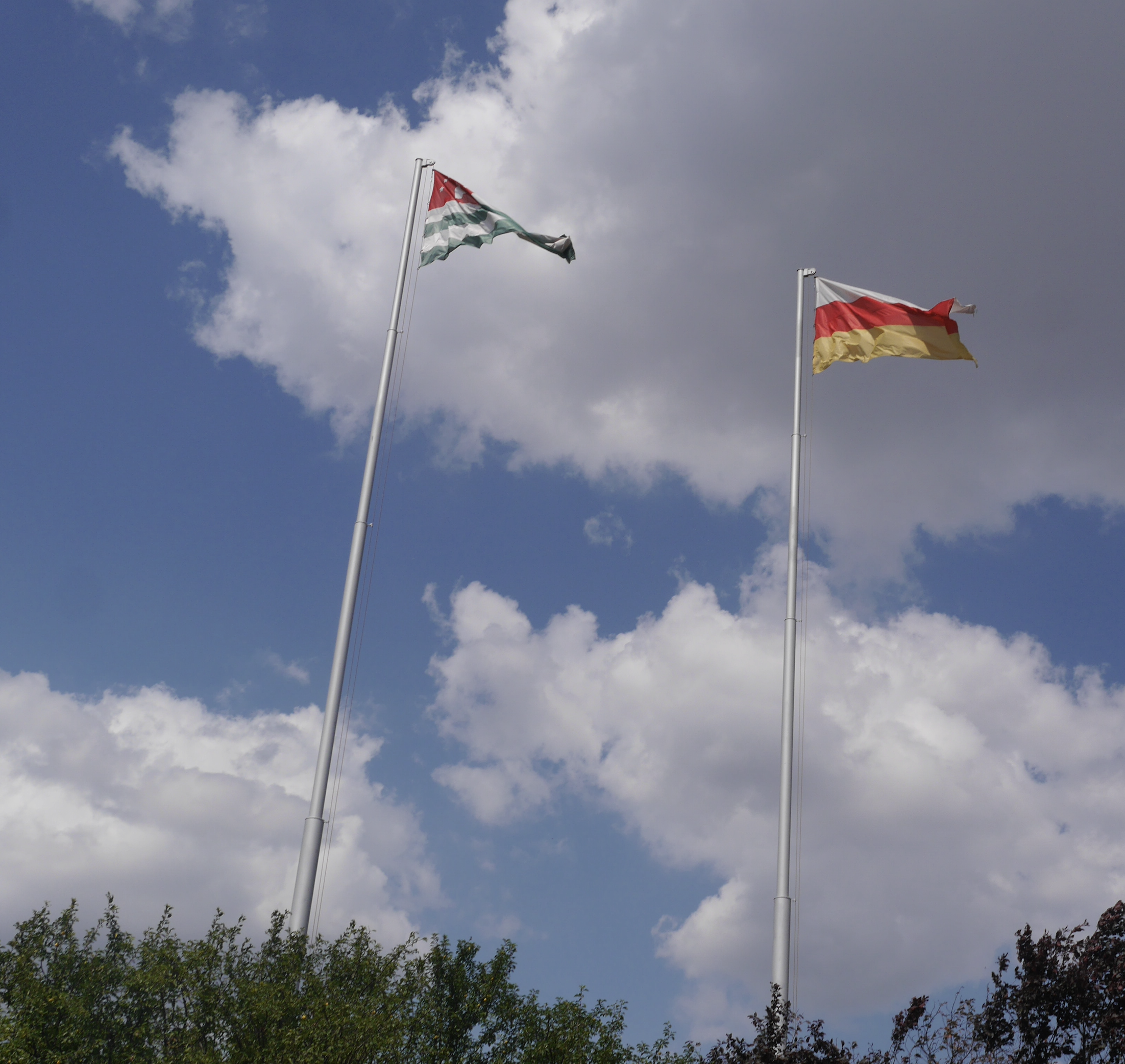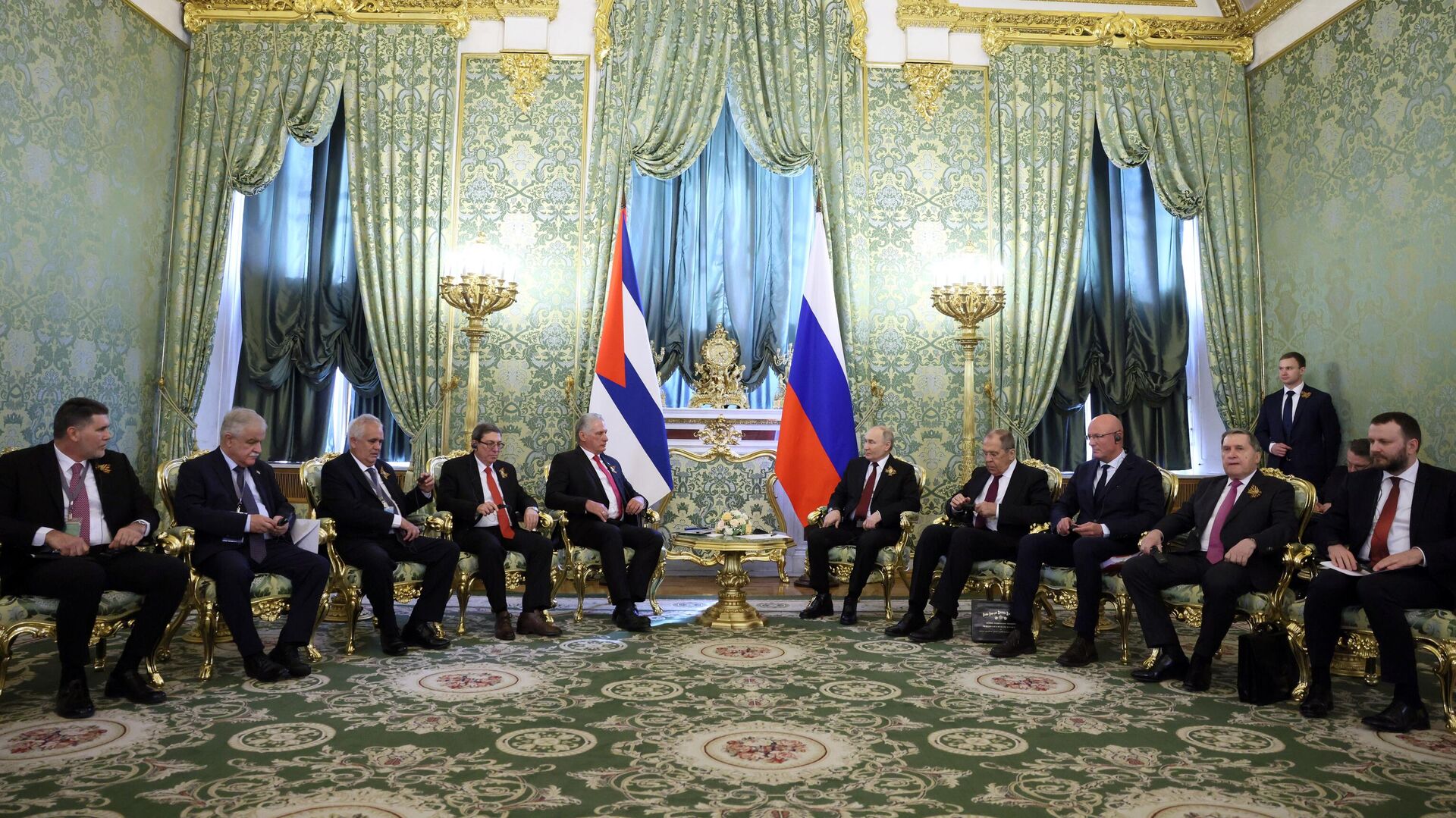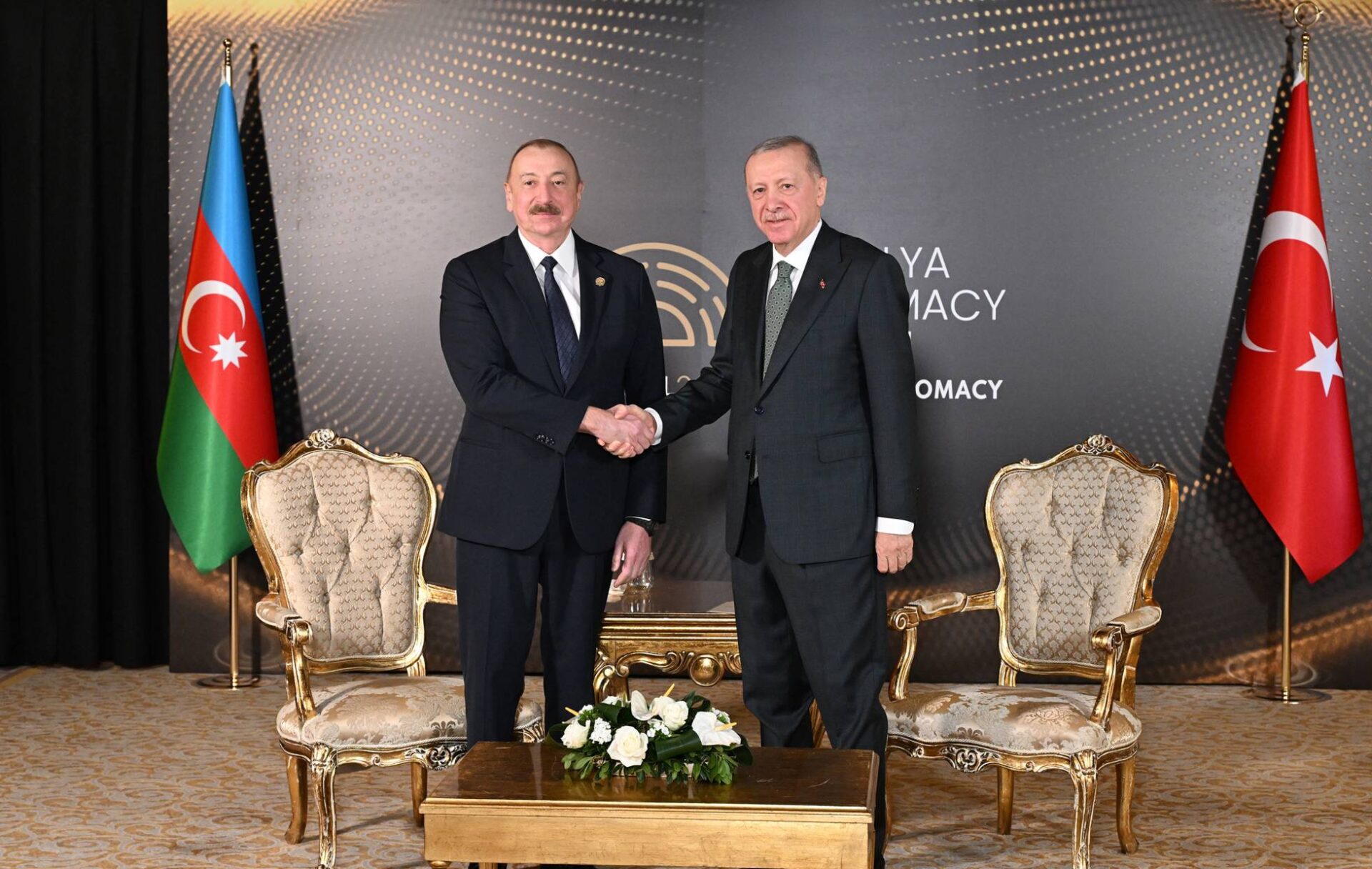
Russia and Georgia Disagree Over North-South ‘Trade Corridors’
Russia and Georgia Disagree Over North-South ‘Trade Corridors’
Zurab Abashidze, the Georgian prime minister’s special representative to Russia, held a meeting with Russian Deputy Foreign Minister Grigory Karasin in Prague, on January 31, within the framework of the bilateral informal dialogue launched in late 2012 (Civil Georgia, February 1). During such meetings, the two sides regularly discuss economic, trade and humanitarian issues. Over the past five years, Abashidze and Karasin have been able to make progress on several fronts, including the abolition of the Russian embargo on Georgian imports and the release from Russian prisons of Georgian citizens sentenced for alleged espionage (Interpressnews.ge, June 28, 2016).
At least in part as a result of this bilateral dialogue, this past year Russia again became the largest market for Georgian goods. The number of Russian tourists visiting Georgia is growing rapidly as well. Moscow has decided to simplify the visa regime for Georgian citizens, although Tbilisi still does not agree to restore bilateral diplomatic relations, which were suspended immediately after the 2008 Five Day War (Vestnik Kavkaza, December 28, 2017).
But the last round of negotiations in Prague demonstrated that the two states still hold intractably opposing positions on the important issue of trade transit. Russia and its South Caucasus ally, Armenia, are both interested in opening a north-south transit corridor across Georgia that would pass through South Ossetia—a breakaway separatist republic that Moscow recognized as independent along with Abkhazia, on August 26, 2008, after the occupation of these territories by Russian troops during the Five Day War. However, Tbilisi has vehemently resisted the reopening of this route for years (see EDM, September 16, 2013, July 18, 2016). Presently, Russia-bound goods from Armenia (and Georgia itself) travel north along the Georgian Military Highway. But in the mountains, the route is often blocked by snow and avalanches (Vestnik Kavkaza, December 18, 2017). Meanwhile, Russia faces chronic difficulties with supplying its military base in Armenia and thus would presumably be interested in securing access to a reliable overland route.
In 2011, during negotiations on Russia’s accession to the World Trade Organization (WTO), Moscow and Tbilisi signed an agreement on “Customs Monitoring of Cargoes” (Civil Georgia, November 18, 2011). The document foresaw the creation of so-called “trade corridors” through Abkhazia and South Ossetia but without mentioning the legal status of these “corridors” or of the breakaway territories themselves. According to the agreement, Russia and Georgia were to conclude a special contract with a neutral company whose representatives would control the cross-border flow of goods along said “corridors.” Such a compromise made it possible to “bypass” the currently unresolved problem of the status of the occupied former Georgian autonomies.
In mid-December 2017, Georgia entered into a contract with the Swiss company SGS, expecting that the Russian government would do the same (Civil Georgia, December 20, 2017). But Russia’s Deputy Foreign Minister Grigory Karasin said in an interview with Russian media that the 2011 agreement “finally answered the question of where the customs borders of Georgia are.” Specifically, according to Karasin, Georgia’s customs borders are its borders with Abkhazia and South Ossetia (Kommersant, January 26, 2018).
Such an interpretation caused outrage in Tbilisi. During last month’s talks in Prague, Ambassador Abashidze tried to push his Russian counterpart to clarify his earlier remarks about the “customs borders of Georgia.” After speaking with Karasin, the Georgian diplomat admitted in a February 1 interview with this author, that the position of his Russian colleague “makes it difficult to implement the 2011 agreement.” Abashidze continued, “Unfortunately, I was convinced that the Russian side is trying to interpret this treaty as Georgia’s recognition of its customs borders [terminating at the administrative borders with Abkhazia and South Ossetia]. But such an interpretation is unacceptable for us.”
Abashidze noted that, according to the 2011 agreement on Russian-Georgian “trade corridors,” neutral monitors should stand at both ends of these “corridors” though the occupied areas—not only on the territory of Tbilisi-controlled Georgia, but also on the territory of Russia. “The function of ‘monitors’ does not include the implementation of customs procedures. They will only observe the flow of goods and direct them. Locations where the observers will stand will be called only ‘control terminals,’ not ‘customs checkpoints.’ Therefore, Gregory Karasin’s statements about the ‘customs border’ are an unacceptable interpretation. In the 2011 agreement, South Ossetia and Abkhazia are not mentioned at all, and we will never agree with their participation in these processes, since the agreement was concluded only between Russia and Georgia,” Ambassador Abashidze stressed (Author’s interview, February 1).
The Prime Minister’s Special representative informed the author that he was disappointed with the results of the talks in Prague and intends to inform Prime Minister Giorgi Kvirikashvili of the position of the Russian side. “Only after the careful study of all aspects will we be able to answer the question about the fate of the 2011 agreement and its implementation in the current conditions,” Abashidze argued (Author’s interview, February 1). Thus, for the first time, the Georgian special representative was questioning the possibility of ever restarting automotive transit between Georgia, Armenia and Russia via the “alternative road” through South Ossetia.
The Georgian leadership is aware of the risk of renewed sanctions from Moscow. It is possible that if Georgia does not agree with the Russian “interpretation” of the 2011 agreement, Moscow might resume the 2006 embargo on Georgian exports and even abolish direct air links between the two countries. The continued blocking of overland transit via Georgia could also worsen relations with Armenia. Recently, Armenian Foreign Minister Edward Nalbandian stated, Yerevan was closely following the Russian-Georgian negotiations over “trade corridors” (Arka.am, January 27).
But to Tbilisi, these diplomatic and economic risks are less dangerous than the consequences of Georgia de facto consenting to “customs checkpoints” on its “border” with Abkhazia and South Ossetia. Such acceptance could be misinterpreted abroad as the Georgian government’s recognition of the independence of the breakaway territories. The next few days will show what decision Prime Minister Kvirikashvili’s government deems most appropriate and acceptable to break out of the difficult situation Tbilisi currently finds itself in.


